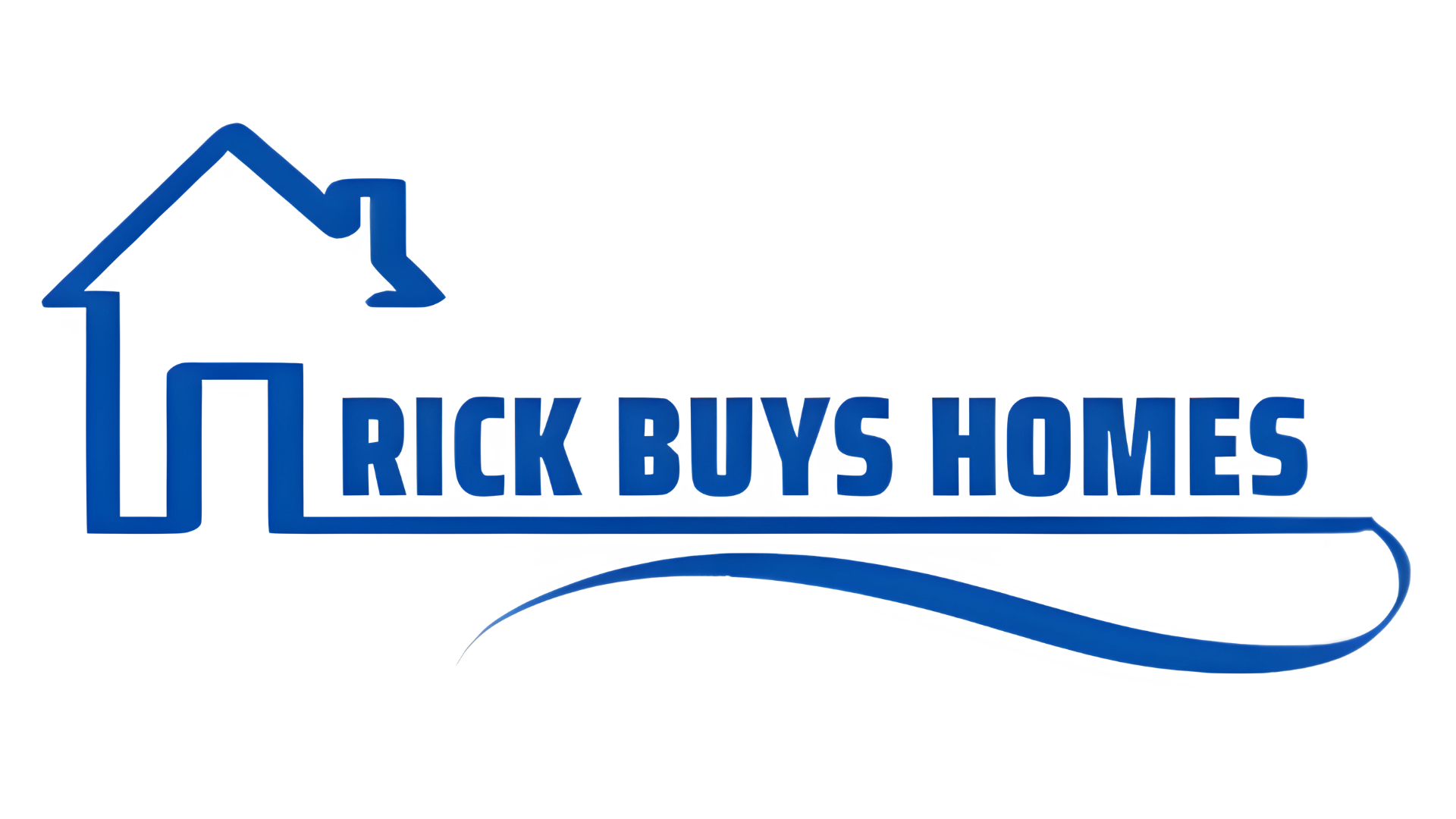The landscape of homeownership is undergoing a significant transformation, shaped by the differing perspectives, values, and economic realities of Millennials and Generation Z. These two groups are navigating a complex housing market characterized by fluctuating prices, changing societal norms, and technological advancements. This article delves into the evolving concept of homeownership, examining the factors influencing Millennials and Gen Z’s approach to buying homes and forecasting the future trends that could redefine what it means to own a home.
The Millennials: Pioneers of Change in Homeownership
Millennials, born between 1981 and 1996, entered adulthood during a time of economic uncertainty, marked by the Great Recession and a sluggish job market. This backdrop significantly impacted their ability to accumulate wealth and invest in traditional assets like real estate. High student loan debt and rising housing costs further complicated their path to homeownership. As a result, Millennials have had to redefine what homeownership means to them, often prioritizing flexibility, sustainability, and affordability over the size or prestige of their living space.
Despite these challenges, Millennials are gradually becoming a driving force in the real estate market. Their preferences have sparked a shift towards more sustainable and tech-friendly homes. They value properties that offer energy efficiency, smart technology, and spaces that can accommodate remote work—a trend that has only intensified since the COVID-19 pandemic. Furthermore, Millennials are increasingly exploring alternative housing solutions, such as co-housing communities and tiny homes, reflecting their desire for more socially and environmentally conscious living arrangements.
Generation Z: Entering the Arena with New Expectations
Following closely behind, Generation Z, born from 1997 onwards, is beginning to enter the housing market with its own set of priorities and challenges. Digital natives to the core, Gen Zers have a keen interest in homes that incorporate advanced technology for convenience, security, and entertainment. Their upbringing in a world of instant access and on-demand services influences their expectations for homeownership, emphasizing the importance of high-speed internet and smart home devices.
Economically, Gen Z faces its own hurdles, including concerns about job security in an increasingly automated world and the long-term impacts of the pandemic on the global economy. However, they benefit from witnessing the struggles and adaptations of Millennials, learning early on the importance of financial literacy and the potential pitfalls of debt. Gen Z’s approach to homeownership might be even more cautious and pragmatic, with a strong emphasis on affordability and investment potential.
The Role of Technology and New Business Models
The rise of technology has played a pivotal role in shaping the home-buying process for both Millennials and Gen Z. Online platforms and apps have made it easier than ever to search for properties, compare prices, and access real estate advice. Furthermore, virtual tours and augmented reality (AR) experiences allow prospective buyers to explore homes from anywhere in the world, a feature that has become indispensable in the wake of travel restrictions and social distancing measures.
Innovative business models are also emerging to cater to the unique needs of younger buyers. Companies like “Rick Buys Homes” and “We Buy Houses” offer services tailored to those looking to sell quickly or without the hassle of traditional real estate transactions. These companies provide cash offers and fast closing times, appealing to sellers who need to move rapidly or wish to avoid the uncertainty of the market. Such options are particularly attractive to younger homeowners who value flexibility and may not be tied to a specific location due to remote work arrangements.
The Future of Homeownership: Sustainable, Tech-driven, and Flexible
Looking ahead, the future of homeownership is likely to be heavily influenced by the preferences and values of Millennials and Gen Z. Sustainable housing will become increasingly important, with a focus on eco-friendly materials, renewable energy sources, and designs that minimize environmental impact. Technology will continue to play a crucial role, not only in terms of home features but also in the buying and selling process itself.
Moreover, the concept of homeownership may evolve beyond the traditional single-family home. Shared housing arrangements, multi-generational living, and rent-to-own schemes could become more prevalent, offering flexibility and financial advantages. The housing market will need to adapt to these changing demands, potentially leading to a more inclusive and accessible landscape for homeowners.
Conclusion
As Millennials and Generation Z navigate the challenges and opportunities of homeownership, their collective influence is set to redefine the housing market. Their preferences for sustainability, technology, and flexibility are shaping a new vision of what it means to own a home—one that accommodates a broader range of lifestyles, budgets, and values. Real estate professionals, policymakers, and communities must recognize and adapt to these shifts to support the next generations in achieving their homeownership dreams in a way that is both meaningful and attainable.

About Rick Hodge
Transitioning from the coal industry and weld inspection to the realm of real estate, Rick has established ‘Rick Buys Homes’ with a mission to render homeownership attainable through rent-to-own arrangements. His dedication lies in assisting families in realizing the American Dream. Feel free to connect with him here.

